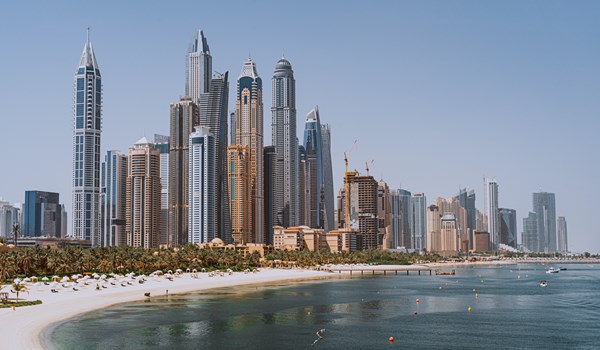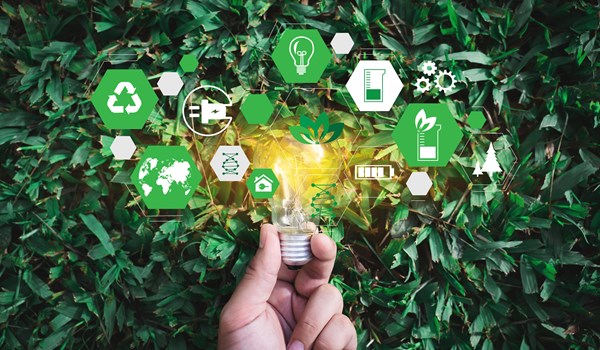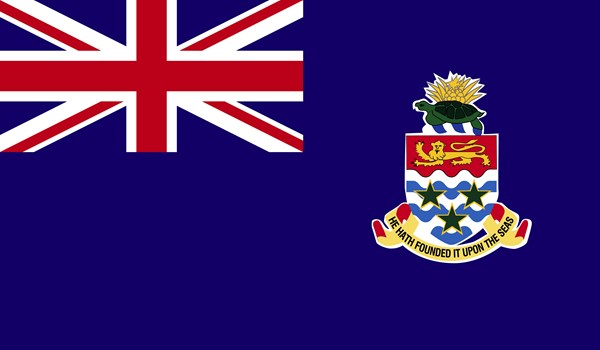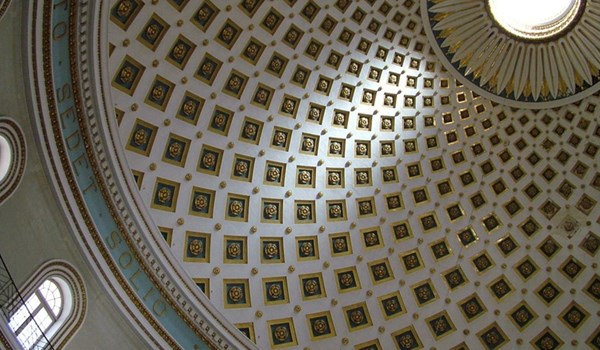A report accuses Starbucks of shifting $1.3 billion in profits over the past decade to its Swiss subsidiary to avoid higher taxes in other countries.
The little-known outfit in Lausanne sources unroasted beans — about 3% of the global coffee trade — and handles the café giant’s ethical sourcing program.
Critics say the scheme is unethical and deprives countries of tax revenue, while Starbucks insists it complies with all laws and defends its “essential” subsidiary.
Starbucks has defended its little-known Swiss subsidiary handling its ethical coffee sourcing after a critical report accused it of “major global tax avoidance.”
The report, released by the Centre for International Corporate Tax Accountability and Research (CICTAR), accuses the Lausanne-based Starbucks Coffee Trading Company, or SCTC, of helping the café giant move about $1.3 billion in profits over the last decade away from jurisdictions with higher tax rates.
It prompted local nonprofits to stage a protest outside the subsidiary’s headquarters, denouncing the legal mechanism as unethical and particularly unfair to the Global South.
“Switzerland is a global commodity trading center and one of the world’s most abused tax havens,” CICTAR said.
“Multinational corporate profits artificially shifted to Switzerland significantly reduce government funds needed to pay for essential public services around the world. With Starbucks, this includes the US, by far its largest market.”
In a statement issued to Mongabay on April 17, Starbucks said the report failed to accurately reflect its business model.
“Starbucks is in full compliance with tax laws around the world, with an effective global tax rate of over 24% in 2024,” a spokesperson said.
“Starbucks Coffee Trading Company (SCTC) plays an essential role in ensuring we have access to high-quality coffee to meet our global demand, sourcing coffee from over 30 countries, and operating 10 farmer support centers in coffee farming communities around the world.
“Switzerland has been a global hub for coffee trading for decades and SCTC is based there to help us access the world’s best coffee trading talent.”
The Swiss scheme centers on SCTC’s official role as Starbucks’ buyer of unroasted coffee beans, representing about 3% of the global coffee trade.
Person Holding Silver Ball on Black Round Tray
The Swiss scheme centers on SCTC’s official role as Starbucks’ buyer of unroasted coffee beans, representing about 3% of the global coffee trade. Image by cottonbro studio via Pexels (Public domain).
SCTC sources beans from producers in countries including Brazil, Indonesia and Colombia, and sells them at a markup to Starbuck-owned roasting facilities, based primarily in the United States.
None of the goods pass through landlocked Switzerland, where an estimated 60-70% of global coffee trading takes place.
According to CICTAR’s report, the markup increased from about 3% between 2005 and 2010 to about 18% between 2011 and 2014, the most recent years with data available. It also said Starbucks justified the rise to the European Commission by citing its ethical sourcing program, which SCTC also manages.
“No evidence supports this statement,” the report adds. It goes on to say, “nothing in SCTC’s filings indicate any significant change in business practices or underlying costs.”
These transactions serve to shift earnings from other countries to Switzerland, where they are taxed “at a significantly lower rate,” according to CICTAR.
Financial filings for Starbucks entities in Europe appear to trace profits booked at SCTC from the shores of Lake Geneva to the Netherlands, and then across the Channel to the United Kingdom.
SCTC paid between $125 million and $150 million in dividends each year from 2015 to 2021 to a Dutch firm that owns all of its shares, Starbucks Coffee EMEA B.V., according to the report, citing annual reports.
The Dutch firm, which CICTAR said declared only two employees in its 2021 annual accounts, reportedly sends dividends to a parent company in the U.K.
The money flow suggests that Starbucks — which has more than 40,000 stores worldwide, including 18,000 in the U.S. — is “anything but the ethical and responsible corporation that it pretends to be,” CICTAR said.
The watchdog group called for a “unitary taxation” system to make multinational companies pay taxes as one global business, instead of splitting into separate companies in each country. Each country would then tax a share of the company’s profits based on how much business it does there, CICTAR said.



